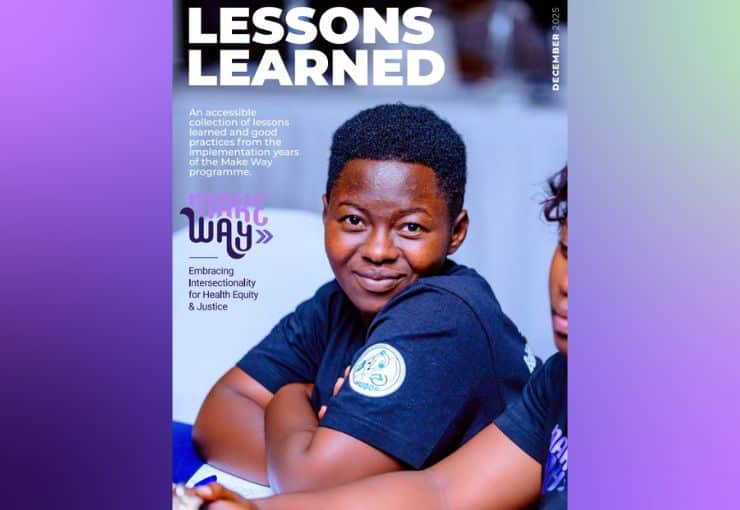
New: Make Way booklet of lessons learned
This booklet features a collection of insights and best practices from the implementation years of the Make Way programme (2020-2025). Read more
How can we increase access and affordability of health products in low- and middle-income countries, when research for those products was done with public funding at Dutch universities? Could socially responsible licensing be the solution? On 11 June 2025, the Ministry of Health organized a discussion about these questions, hosted by the Global Health Hub Nederland.
Socially responsible licensing (SRL) means that public institutions sell their innovations to (commercial) developers under certain conditions to ensure they benefit not just a select few, but the society at large. In 2020, the Netherlands Federation of University Medical Centres (now called UMCNL) published a toolkit to this end, establishing ten core principles that define and guide SRL practice in the Netherlands.
Roland Driece, Director of International Affairs at the Ministry of Health Jasper Claessen, policy coordinator for medicines and licensing, gave the opening remarks. They emphasized the strategic relevance of socially responsible licensing in the ambitions set in the Dutch Global Health Strategy.
Some inspiring presentations followed:
The rich and interactive discussion led to the following conclusions:
We were happy to dive into this subject and engage in this fruitful exchange of perspectives.
Receive our newsletter